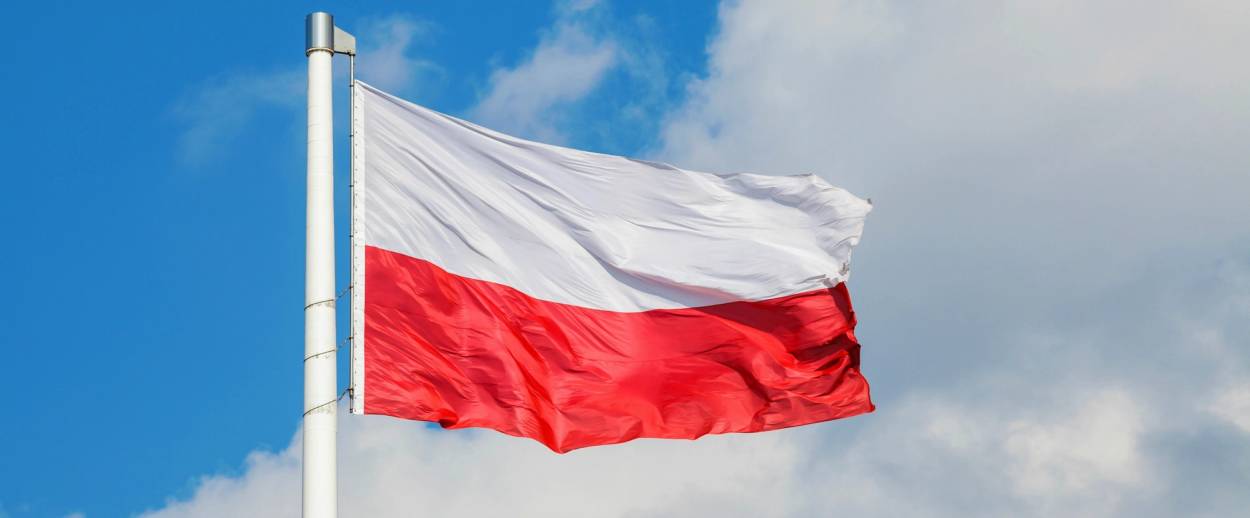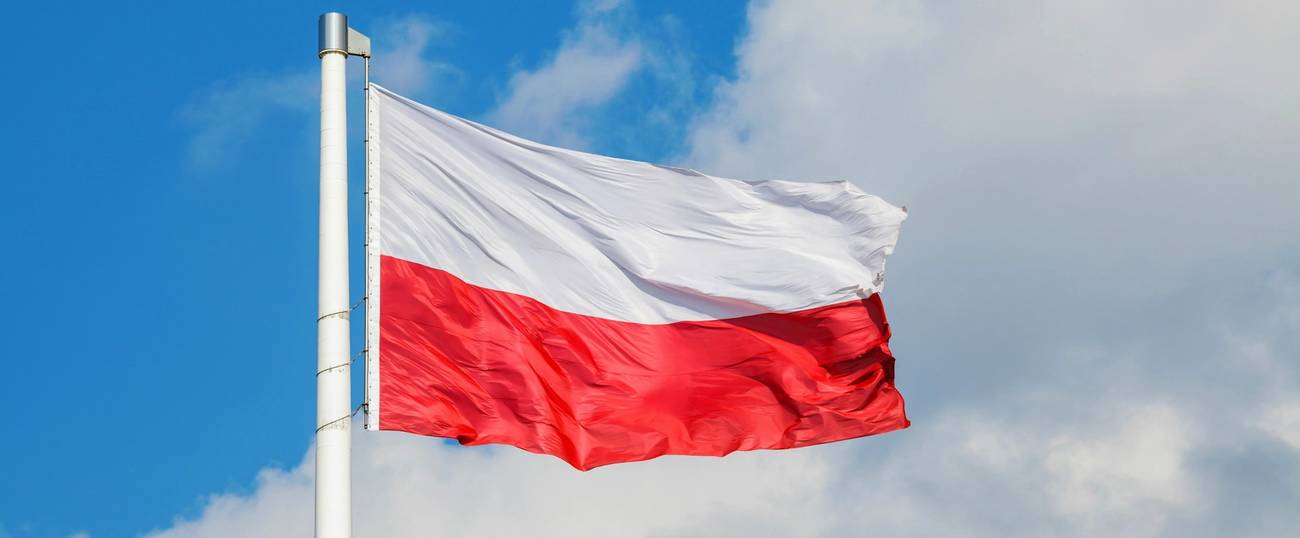Polish Consulate Cancels Award for Polish-Jewish Dialogue
After nearly honoring a historian some in the Jewish community consider a Holocaust revisionist




The Jan Karski Humanitarian Awards Night is one of the Polish-Jewish saga’s annual doses of optimism. The event, organized under the auspices of the Polish-Jewish Dialogue Committee and hosted by the Polish Consulate in New York, recognizes Jews and non-Jews who are helping to heal the painful and in all likelihood permanent wounds that the near-total extermination of the country’s Jewish community created. But not this year: On Tuesday, the Consulate announced that the dinner was “canceled,” owing to “factors beyond our control which will impact the overall quality of the event.”
Recognizing potential common ground between Poles and Jews is particularly difficult in the present climate, poisoned as it is by the still-ongoing debate over Poland’s Holocaust history law, which is the latest manifestation of a painful reckoning over responsibility for the murder of the country’s Jews. “Let’s focus on the issue of the Holocaust law. I think that’s where the attention and the priority needs to be right now,” said rabbi Joseph Potasnik, an executive vice president of the New York Board of Rabbis who received a Karski award in 2014. “The Jan Karski award can be given at a later date when feelings are different than they are at the present time.”
But the cancellation of the Karski awards has at least a couple of much more specific causes. When reached for comment, Jeff Gottlieb, the Dialogue Committee co-chair, said the awards dinner wouldn’t be held because it turned out Polish Consul General Maciej Golubiewski wasn’t scheduled to be in New York on April 18th, the original night of event. Gottlieb said that Golubiewski attends many of the Dialogue’s meetings, and was going to be recognized at the dinner. It therefore made little sense to hold it without him. “The cancellation is basically mostly due to rescheduling” said Gottlieb. “According to the consul general’s office he’s really in Poland for those few days.” Gottlieb says that his group will likely meet with the Consul General to figure out a way forward for the event.
Still, the Consul General surely had the awards ceremony on his schedule far ahead of time. When reached for comment, Vice Consul Alicja Tunk said Golumiewski was in Poland at the moment but would be returning some time next week. The “Consul general is away right now. When he gets back we’ll decide what kind of statement we should issue,” Tunk added.
The cancellation might also have something to do with who the Dialogue planned on honoring. Until this week, the group was going to give one of the Karski awards to Ewa Kurek, a historian of the Holocaust in Poland and author of ten books on topics like Polish nuns’ sheltering of Jewish children during the Nazi occupation of the country. As Gottlieb mentioned, her works incorporate Jewish sources, and it’s natural that a group committed to Jewish-Polish reconciliation would want to recognize a non-Jew who has dedicated her career to the most painful chapter in Polish Jewish history.
The trouble is that Kurek has made a number of potentially anti-Semitic statements, and is alleged to be something of a Holocaust revisionist. Even a cursory web search shows that such an accusation would be far from hysterical: Within the first couple minutes of one lecture, she condemns the “Jewish lie” that the Poles didn’t do enough to save Jews during the Holocaust, and then darkly accuses Jews of being religiously obligated to “sacrifice lives of part of the community to save the rest.” There is more like this out there, and Potasnik said he would have returned his award if Kurek had been honored. “I couldn’t in good conscience continue to have an award that was in any way connected to someone who would distort the truth about the Holocaust,” he said.
Gottlieb told me that after the award for Kurek was announced, he received messages from Jews in both Poland and the United States warning him about her views. The Simon Wiesenthal Center communicated its concerns earlier this week as well: Mark Weitzman, director of government affairs for the center, said in an interview that he first learned about the award for Kurek, who he calls “a flat-our anti-Semite and certainly a Holocaust distorter,” through concerned contacts and acquaintances in Poland. He doubts, he said, that the event’s organizers were aware of Kurek’s most noxious statements, and said that Poland’s right-wing government may have been trying to use a Jewish community-related American organization to launder her views. “It was an effort by agents within the Polish government to manipulate a group of idealistic well-meaning people and give some sort of political recognition and cover to extremists positions,” he said.
The award to Kurek, Gottlieb said, is going to be withdrawn, although, as of Wednesday morning, he was still having difficulty reaching Kurek to inform her of the decision. Kurek is just one honoree—it doesn’t seem as if controversy over her receiving the award was the only factor in the awards ceremony’s cancellation. After all, this is a fraught moment for Jewish-Polish relations. Still, it’s hard to find a better microcosm of the current boiling point thank the decision to recognize Kurek: Even a supposed embodiment of mutual understanding turns out to be the exact opposite, hinting at just how wide the current gulf between may really be. An award named for Jan Karski—who fought the Nazi takeover of his country and struggled to alert the world to the realities of the Holocaust—was nearly given to an alleged Holocaust revisionist, and an event meant to bring Jews and Poles closer together is now another sign of how far apart they really are.
Note: This piece has been amended to include additional reporting.
Armin Rosen is a staff writer for Tablet Magazine.